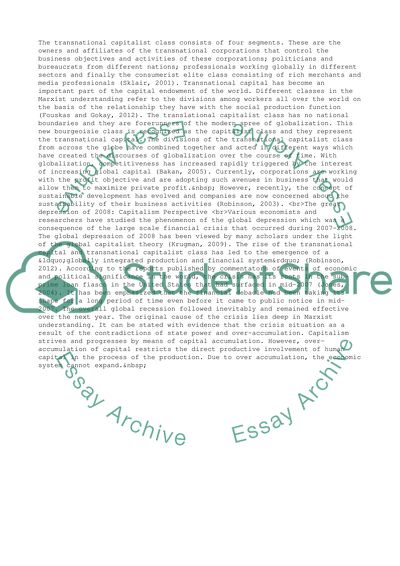Cite this document
(“Globalisation and the State - Discuss Literature review”, n.d.)
Retrieved de https://studentshare.org/business/1489000-globalisation-and-the-state-discuss
Retrieved de https://studentshare.org/business/1489000-globalisation-and-the-state-discuss
(Globalisation and the State - Discuss Literature Review)
https://studentshare.org/business/1489000-globalisation-and-the-state-discuss.
https://studentshare.org/business/1489000-globalisation-and-the-state-discuss.
“Globalisation and the State - Discuss Literature Review”, n.d. https://studentshare.org/business/1489000-globalisation-and-the-state-discuss.


